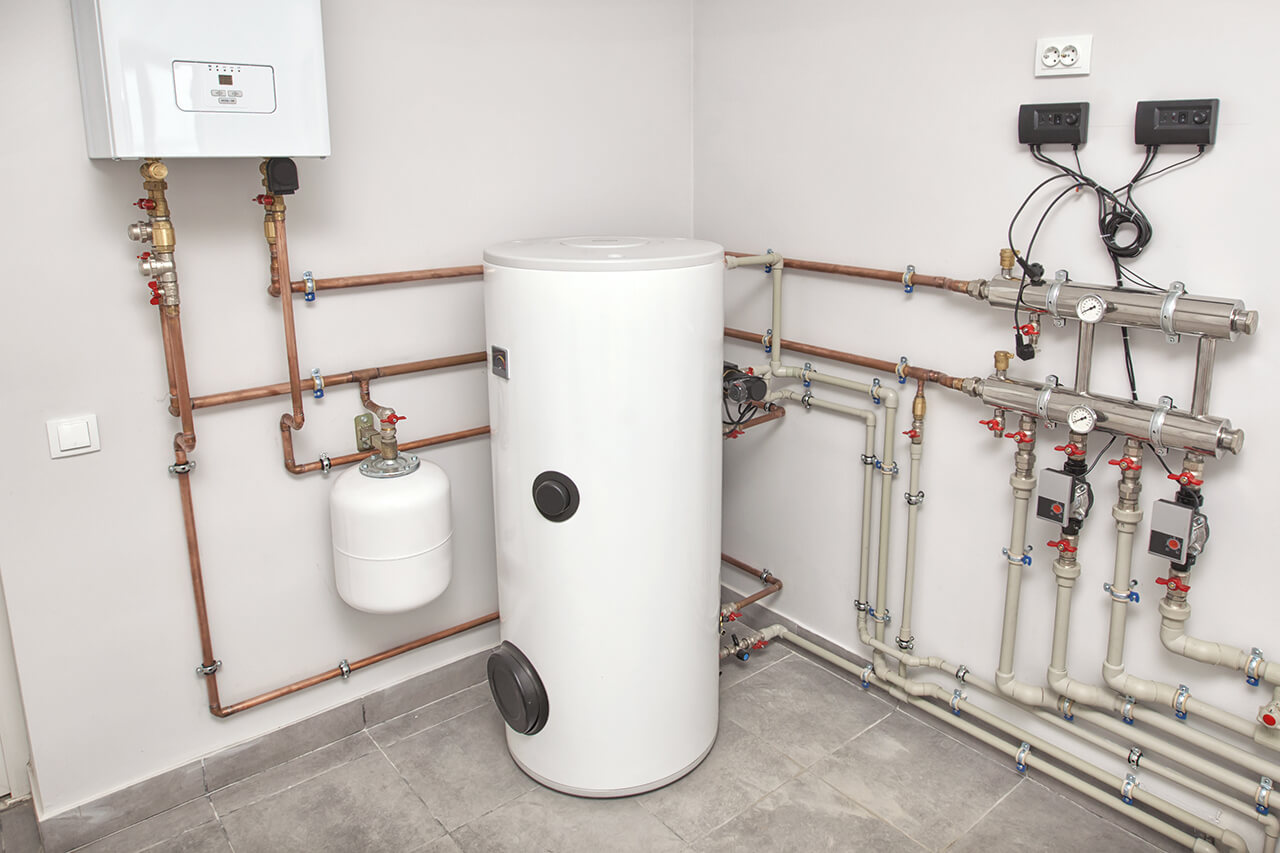
Investing in a boiler system is a significant decision that impacts both comfort and energy costs in a household. With various types, sizes, and fuel options available, navigating the boiler market can be overwhelming. To ensure you make the best choice for your needs, it's essential to understand the key factors involved in purchasing a boiler.
Understanding Boilers:
A boiler serves as a central heating appliance in homes, heating water to distribute warmth through radiators or underfloor heating systems. Boilers come in different types, each catering to specific requirements and preferences.
Types of Boilers:
Combi (Combination) Boilers: These boilers provide both heating and hot water from a single unit, eliminating the need for a separate hot water tank. Compact and energy-efficient, combi boilers are ideal for small homes but may struggle to meet high hot water demand simultaneously from multiple taps.
System Boilers: System boilers require a hot water cylinder but do not need a separate cold-water tank. They offer a steady supply of hot water and are suitable for homes with multiple bathrooms or higher hot water demand.
Conventional (Regular) Boilers: Conventional boilers necessitate both a cold-water tank and a hot water cylinder. While they are suitable for larger homes with older radiator systems, they require space for installation and may take time to reheat water.
Types of Fuel Options:
Boilers are also categorized based on the type of fuel they utilize, influencing operating costs and environmental impact.
Gas Boilers: Connected to the gas mains, gas boilers are commonly used for home heating and offer high energy efficiency. They require periodic maintenance but are cost-effective and widely available in areas with a gas network.
Oil Boilers: Ideal for homes without access to a gas network, oil boilers are reliable and efficient. However, fluctuating oil prices can affect running costs.
Electric Boilers: Using electricity to generate hot water, electric boilers are suitable for areas without gas or oil access. They are compact but may have higher operating costs.
Cost Considerations:
Boiler costs vary depending on factors such as size, type, and installation process. While initial installation expenses can range from $4,000 to over $15,000, the longevity of a properly installed boiler (15 to 20 years) justifies the investment. Additionally, boiler replacement costs can range from $1,200 to $16,000, highlighting the importance of selecting the right boiler for long-term savings and comfort.
Conclusion:
Choosing the right boiler involves careful consideration of your heating and hot water needs, as well as factors like fuel availability and budget constraints. By understanding the different types of boilers, fuel options, and cost considerations, you can make an informed decision that enhances comfort, reduces energy costs, and minimizes environmental impact in your home.
Disclaimer: While this guide aims to provide valuable insights into purchasing boilers, readers are encouraged to conduct further research and consult professionals to tailor their decisions to individual circumstances. The website team cannot be held liable for discrepancies or inaccuracies found across other platforms, and readers should verify information independently.




